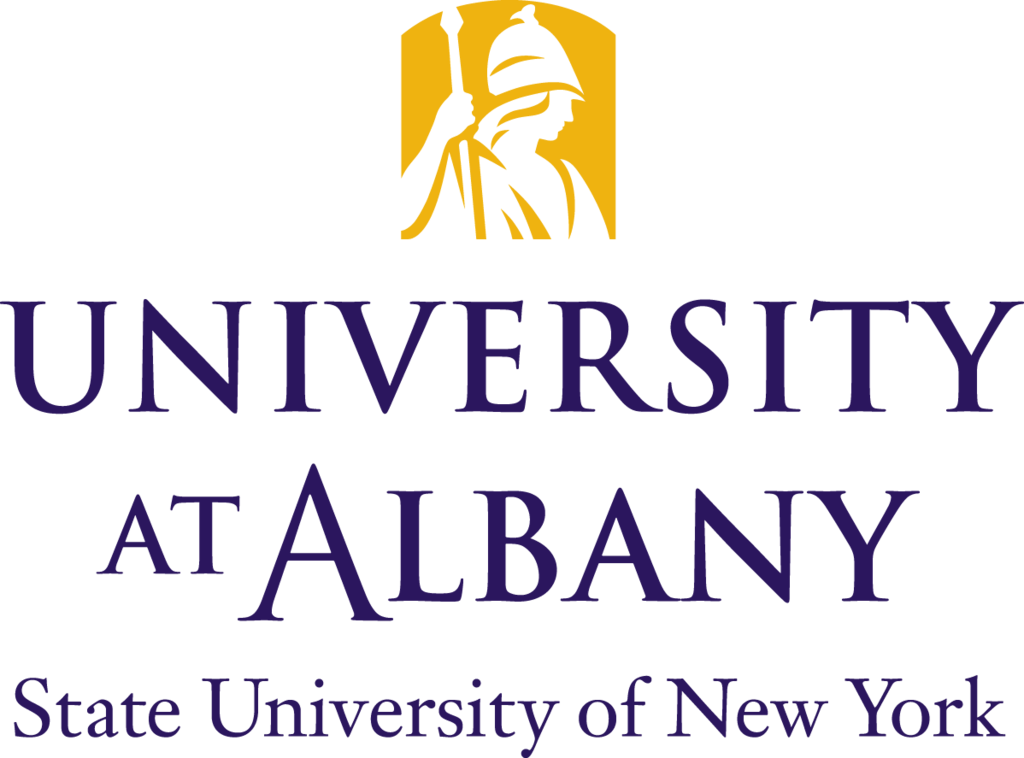ALBANY, N.Y. (March 23, 2020) – With COVID-19 cases increasing around the globe, governments are taking extraordinary measures to support social distancing, including mandatory quarantines, closing of schools and businesses, and bans on nonessential gatherings.
Psychologists at the University at Albany are available to discuss people’s mental well-being during this unprecedented time.
Experts include:
Dolores Cimini is a New York State licensed psychologist who has provided leadership in the areas of prevention and intervention at UAlbany for nearly 30 years. She directs the University’s Middle Earth Peer Assistance Program, an agency recognized as a model/exemplary program in alcohol and other drug prevention. She’s also the director and a senior research scientist at the University’s Center for Behavioral Health Promotion and Applied Research.
Cimini is prepared to discuss how to maintain well-being and connection during the coronavirus period; manage depression and anxiety/emotions; and challenges related to substance abuse, including how to seek support. She is also prepared to address the unique barriers that exist when addressing COVID-19 concerns with young people.
Quote: “Finding ways to cope and address emotions during this uncertain and ever-changing time is difficult for people of all ages. But perhaps the group that is most challenging to reach and which appears to be increasingly vulnerable to COVID-19 is our young people. Their perceptions of their invincibility pose potential barriers to promoting their health and well-being and therefore demand innovative ways to reach out to them and respond to their needs and concerns.”
Forsyth is a professor in the Department of Psychology and director of the University’s Anxiety Disorders Research Program. He’s also a licensed psychologist and co-author of several books including “The Mindfulness & Acceptance Workbook for Anxiety, 2nd” and “Anxiety Happens.”
He is prepared to discuss the psychological impact of the COVID-19 pandemic and steps that people can take to reduce needless suffering during this time, foster peace of mind and engage in activities that bring joy and meaning to people’s lives.
Quote: “The COVID-19 pandemic is like an invisible predator, kindling our basic survival instincts, and along with that an excess of fear and anxiety. During these challenging times, it is important to focus on what we can control and change. Having lots of anxiety and worry will not change the course of the pandemic. We need to practice letting go of unhelpful anxiety, and instead focus on what we can do now to promote our health, wellness and bring meaning and purpose into our lives.”
Malatras is a clinical assistant professor in the Department of Psychology and an associate director at the University’s Psychological Services Center. She is a clinical psychologist and the co-author of the text “Abnormal Child and Adolescent Psychology, 9th edition” which is currently in production. Her work has appeared in several peer-reviewed journals. She is also a contributing writer for Psychology Today.
Malatras can speak to parenting during the COVID-19 pandemic and strategies to support children’s healthy coping and adjustment.
Quote: “Significant life changes — like those individuals and families throughout the world are currently experiencing — are undoubtedly difficult, but they don’t have to upend all stability. Parents can help children cope with uncertainty by establishing a sense of predictability and security at home. Maintain family routines and activities, and consider your children’s needs. Model effective coping strategies such as flexibility and self-care, and respond to children’s concerns and behaviors with predictability and care.”
About the University at Albany:
A comprehensive public research university, the University at Albany-SUNY offers more than 120 undergraduate majors and minors and 125 master's, doctoral, and graduate certificate programs. UAlbany is a leader among all New York State colleges and universities in such diverse fields as atmospheric and environmental sciences, business, public health, health sciences, criminal justice, emergency preparedness, engineering and applied sciences, informatics, public administration, social welfare, and sociology taught by an extensive roster of faculty experts. It also offers expanded academic and research opportunities for students through an affiliation with Albany Law School. With a curriculum enhanced by 600 study-abroad opportunities, UAlbany launches great careers.
###
